You're More Likely to Enjoy Being Sick In Bed Than To Enjoy Your Work

Despite the importance of work to people’s happiness, most people say they don't find their work particularly enjoyable.
One study asked respondents to record their well-being in real time via a smartphone at points in time on a given day. The study found that paid work ranks lower than any other of the 39 activities sampled. And that list of activities included being sick in bed.
Christian Krekel, George Ward, and Jan-Emmanuel De Neve working alongside the members of the Workplace Well-being Committee on the Global Happiness Council, operating with data from the Gallup Organization World Poll data set, was key to the findings of this seminal report.
Work and employment play a central role in most people’s lives, and in OECD countries, people spend around a third of their waking hours engaging in paid work.
We not only spend massive amounts of our time at work but our relationship to employment and workplace quality rank among the most important drivers of happiness.
This in-depth report from the Global Happiness Council highlights best practices aimed at inspiring policy-makers and business leaders to place well-being at the heart of their policies.
As a jumping off point, data from a German survey that asked people about the importance of different aspects of their lives for their overall sense of well-being and satisfaction found that 83% of respondents say their work is either “very important” or “important” for their well-being.
The study revealed that the worst moments of the day came when people spend time with their boss.
That goes a long way toward explaining why absenteeism and “presenteeism” are so prevalent. Another report, this one from the UK, estimated that absenteeism costs UK businesses some GBP 29 billion per year. It also found that the average worker takes 6.6 days off per year due to sickness and that mental health problems are estimated to be almost twice as high as those of absenteeism.
This exhaustive workplace happiness report by the Global Happiness Council is aimed at finding exactly is it about work - and workplace quality - that makes some jobs less enjoyable while others are more fulfilling.
Answers to this question are vitally important as people’s well-being has been found to be an important predictor of labor market outcomes.
In terms of policy-making, it's key to understand which characteristics of work, and workplace quality, drive people’s well-being.
Work and Well-being: A Global Perspective, examines the issue in a rigorous, systematic way.
The conclusions found in this report are drawn from two datasets: the Gallup World Poll and the International Social Survey Program. Both of those datasets include the most important measures of well-being and allow for international comparisons of working conditions.
The report provides both a look ahead and a call to action. The findings suggest that actors in academia, business, and government need to work together to expand the causal evidence base regarding work and well-being.
As an example solution, academics and business people could cooperate - and test - how modifications to work processes and practices affect worker well-being to enhance performance.
Once benchmarked, interventions can be analyzed regarding cost-effectiveness and ranked according to those who provide more worker well-being and performance per dollar invested.
The upshot is that the evidence from behavioral science suggests that relatively small adjustments are not only low-cost, but they may also be costless.





